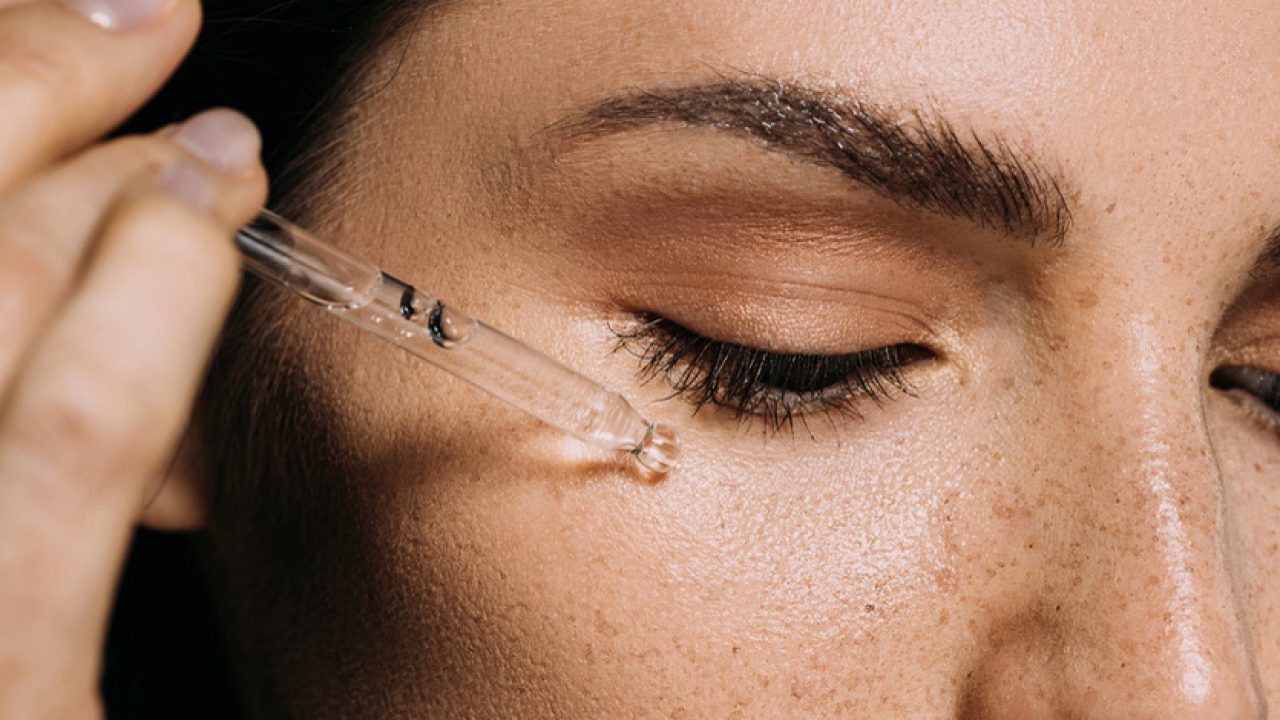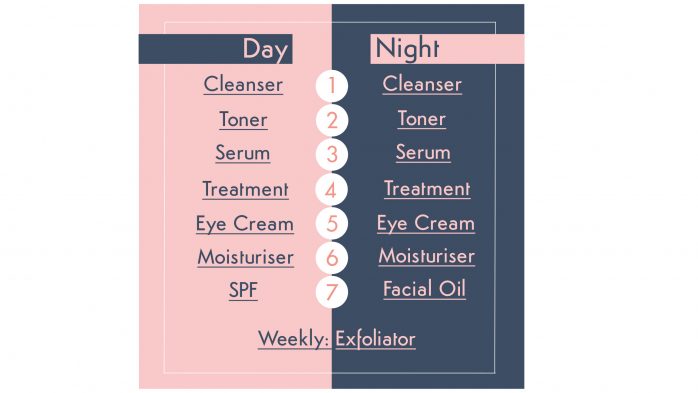
You’ve cut down on junk, you’re drinking less alcohol, you’ve spent a fortune on the best moisturisers, serums and face masks and yet you’re not seeing the results you were expecting. Chances are it’s because you’re not using a face oil.
Full of antioxidants, vitamins and minerals, face oils can be the missing piece in the skincare puzzle for all skin types – even those of us with oily complexions, or sensitive patches.
What’s more, the best face oils are great for fighting the signs of ageing.
A blend of fruit, seed and flower oils works together to create a complete anti-ageing solution that works long-term to reduce wrinkles, boost skin elasticity and promote a youthful glow.
We’ve spoken to Charlotte Vøhtz, founder of Green People, to find out more about the science of face oil and why it’s so important to use one.
FURTHER READING: Best face oil: Whether you’ve got dry skin or an oily complexion, these face oils will make you look radiant
Facial oils – particularly the best quality ones – contain a blend of oils taken from different plants and fruits.
The skill is in creating blends that provide a wide range of nutrients without feeling too heavy on the skin, and without clogging up your pores.
Beyond this, the ingredients you need to look for depend on what your main skin concerns are, and what you need the facial oil to do. The most popular include:
When buying face oils, you also get what you pay for – which isn’t always the case with skincare and makeup.
Some cheap, high-street brands add petrochemical ingredients such as Paraffinum liquidum and silicone, including Dimethicone, to make their face oils feel lighter. Many also synthetic fragrances and colourants which are the leading cause of skin irritation and reactions.
FURTHER READING: Skin serum, facial oil or moisturiser: What’s the difference and which one do you need?
 Getty Images/iStockphoto
Getty Images/iStockphoto As you can read in our What causes acne and how to get rid of it guide, one of the leading causes of blemishes and acne is clogged pores, created by oily skin, caused by excess sebum.
Many acne sufferers would therefore shudder at the thought of adding more oil to their congested skin – yet this is one of the biggest mistakes to make.
Charlotte told mamabella that one of the best ways to combat spots is to “fight oil, with oil”. By using 1-2 drops of non-greasy, organic facial oil before bed, you can rebalance your skin and start combating spots without harsh, drying chemicals.
Look at it this way – your skin produces excess oils because it doesn’t think it has enough. Add oil to your routine and your skin won’t be confused and will stop producing too much.
Facial oils work by creating a protective layer that seals moisture into your skin and by providing nourishing vitamins and minerals. This offers great protection against things that age your skin, such as pollution and cigarette smoke.
This is why a face oil needs to be the final step of your skincare order. Otherwise, everything you add afterwards won’t be able to get through this protective layer, effectively going to waste.
You also need to regularly exfoliate your skin to remove the build up of dead skin cells. These dead skin cells can block the nutrients in your skin care from penetrating to the living cells, meaning you won’t be getting the best from your skincare products.
As you can see in our How to layer your skincare guide, your recommended skincare order should be:
 mamabella
mamabella 
Victoria is founder and editor-in-chief of mamabella, freelance journalist and Mum. She has a passion for empowering people to feel beautiful whatever their age, size, skin type and budget
